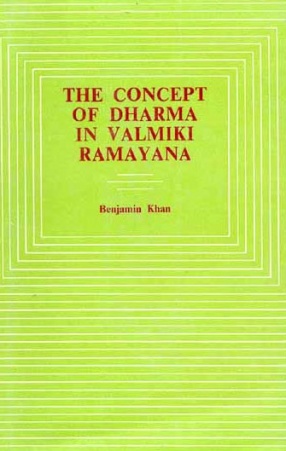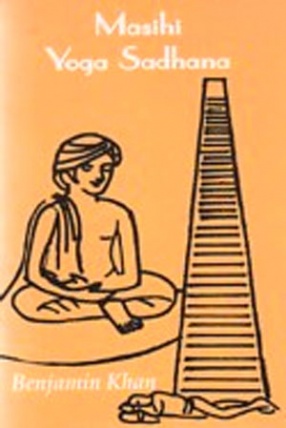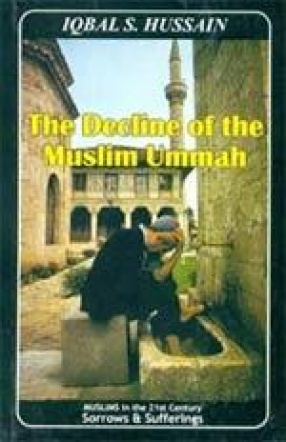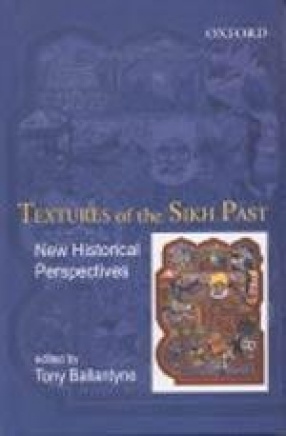The Ramayana of Valmiki is the first and the most ancient epic of India. If seers of the past wished that it should live as long as hills and dales’ it is because the epic, on the main, concerns with Man and his life in this world. Its emphasis is on Dharma or righteousness in its varied forms as bind man-ta-man in day-to-day social relationship. It contains precepts for the regulation of our conduct in all actions and conditions. It makes us alive to what we owe to others – to our parents, wife and children, to our friends, to mankind and to our country at large. It also teaches us to love and practice virtues and how, that way, the good ultimately becomes victorious over evil and peace reigns on earth.
This study is calculated to show to the present generation how in this age of seething doubts we may still draw inspiration from that ancient epic and how most of the problems that are baffling modern society can be solved by understanding and following the precepts held out by it. It also shows how the western ethics compare with the ancient ethical notion of the Ramayana.






There are no reviews yet.